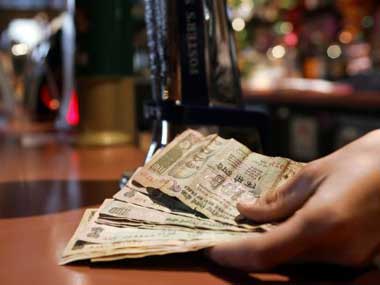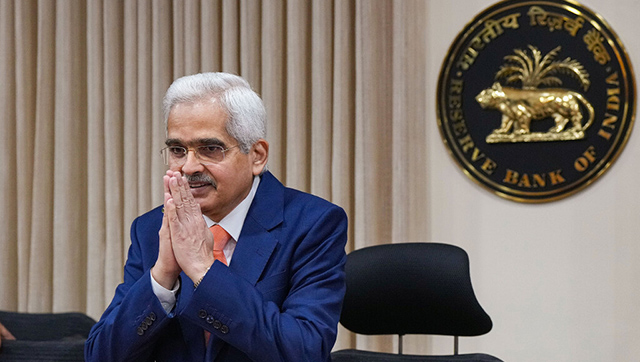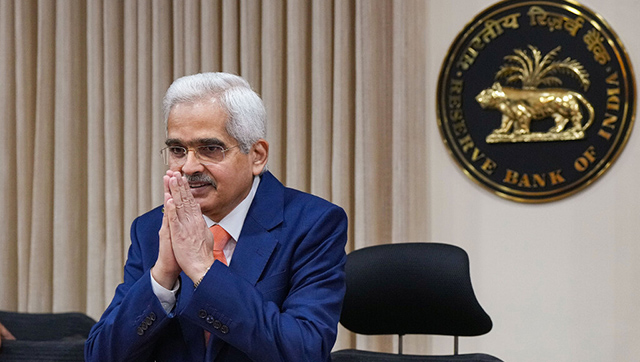The unmistakeable message coming through from all of Europe - France, Greece, the UK and even Germany - is that no one likes economic pain or austerity.
In France, Socialist Francois Hollande has dethroned Nicolas Sarkozy as president. In Greece, the original sinner in the eurozone crisis, all the mainstream pro-austerity parties have been taught a lesson. In the UK, the ruling party saw serious losses in local elections. And in Germany, the coalition led by Angela Merkel’s party - the CDU - lost a recent election in the northern German state of Schleswig Holstein.
The economic numbers are not encouraging either. The whole of the eurozone is probably in recession , with Italy, Spain, Portugal, and Greece steeped in it. Outside the zone, the UK has tipped into recession a second time, and Germany itself may get into recession later this year.
As for the US, even though it is on monetary steroids, growth has been anaemic and job growth sporadic. As for China, its growth will slowly start coming down to 6-7 percent over the next few years, from the 8-9 percent it has been reporting recently.
If this is the global macro-economic backdrop, what should we expect in 2012 and beyond?
Answer: your money isn’t going to grow. But we have to give you a long-winded explanation for it.
First, the biggest threat to the world is the eurozone - which despite two large monetary refinancing operations by the European Central Bank - is nowhere near healing. But as the election results in France and Greece show, austerity is hurting, and sooner or later the eurozone will have to reflect this political reality.
The fundamental problem in the eurozone is this: Germany is competitive, but the rest of the eurozone is not. But when all share the same currency, the rest have no option but to keep tightening their belts to slim down and become competitive. But even as their economies contract, their fiscal situation worsens and their ability to service debt reduces.
Quite clearly, there are at least two eurozones: the Germany-led northern eurozone (which may include Holland and Belgium), and the weaker eurozone, with France, and southern Europe in it. Economically, it makes a lot of sense to allow Germany to opt out of the eurozone and create its own strong currency against which the rest of the euro can depreciate, giving time to the weaker economies to export and adjust. But since the euro is more a political project than an economic one, there is still resistance to this idea.
Bottomline: the eurozone crisis is far from over. 2012 will see it unfold further. The jury is still not out on whether the euro will survive as one currency at the end of it all.
Second, in the US and China, we will see growth decelerating towards the latter half of the year as artificial monetary pump-priming stops in the US and China adjusts to become less of an export economy in a slowing world. Already, jobs growth in the US is weakening , and while the November presidential elections will keep growth chugging, the fizz could go out after that.
The US dollar has been very resilient after the Lehman crisis and even the S&P downgrade last year, but in the face of recessions everywhere, and the need to finally balance the budget, it could become stronger still - creating more problems for the world. When the US Fed starts to wind down its stimulus, it will raise rates, and this could strengthen the dollar - especially if the rest of the world is declining and falling.
A strengthening dollar will draw in more imports and worsen the US’ macroeconomic problems - and stoke trouble for the future. Moreover, American households have been deleveraging, and this is slowing down the recovery.
2012 and 2013 will leave a question-mark on the US economy, and this means capital flows will remain volatile for the rest of the world.
China will be less attractive for investors as growth tapers off and local wages start rising. But this means the world will lose one growth engine - and commodity prices could ease.
Third, the real global imbalance is in the oil-exporting countries. According to The Economist , the oil-exporting countries will register a current account surplus of $740 billion, three-fifths of which will be in West Asia. Even though China was seen as the big hoarder of foreign exchange reserves in the past, the fact is this year it is dwarfed by the oil exporters. China’s current account surplus is expected to be around $180 billion this year.
The problem is this: the oil exporters are not spending as much as they are earning. If they hoard their reserves, they will contribute to the global slowdown. It is only if they spend they will improve global growth - and the demand for their oil on which they earn their wealth.
Fourth, India is likely to see a further deceleration in growth unless the world slows down even faster and oil price tumble. India’s current account deficit - at nearly 4 percent of GDP in 2011-12 - is driven by high oil imports. The government has also been overspending on oil subsidies as a result.
A big fall in oil and commodity prices will both shrink the fiscal deficit and bring down inflation pressures, but this is something we can do nothing about. On the assumption that this happy event does not occur, and since we still have to pass on oil price increases and reduce our deficits, the only possibility is an economic slowdown. Interest rates will remain elevated.
So this is what we could predict for the stocks markets.
One, foreign exchange inflows will be low - unless we start announcing big reforms. So don’t expect foreign investors to help boost the market.
Two, inflation will tend to be high and growth slower. So that is one more downer for stocks.
Three, companies are still not gung-ho about investing. A Business Standard study says that India’s top 10 cash-rich companies - Reliance and Infosys among them - are sitting on a cash pile of over Rs 2,34,000 crore. The reason why they are sitting on cash is simple: they don’t see healthy investing opportunities, given the policy paralysis back home and uncertain climate abroad.
A related reason: when interest rates are high, companies will retire debt and invest in fixed interest avenues, just like the rest of us.
Even though stock analysts suggest that cash should be handed back to shareholders, Indian companies are reluctant to do so since they know that if the economy picks up, they can’t raise the money easily again. They are thus waiting for the right opportunities to come - and that depends on government.
For investors 2012 is going to be a tough call: this is the time to invest in driblets, not stake the farm. So look for companies with good dividend payouts, buyback plans and cash in the bank. They will do well when the storm warnings are lifted.


)




)
)
)
)
)
)
)
)